Fully institutionalize the spirit of innovation
National Assembly Deputy Nguyen Truong Giang (Lam Dong) affirmed the necessity of amending the Law on National Defense Industry, Security and Industrial Mobilization... Therefore, it is necessary to review, update and expand the scope of amendments to ensure consistency and synchronization between legal documents, especially in fully institutionalizing the spirit of Resolution No. 57 of the Politburo on science, technology development and innovation.
.jpg)
According to the delegate, Clause 1, Article 21 of the current Law does not have specific provisions. Therefore, the amendment is necessary to overcome legislative technical shortcomings and ensure consistency in the legal system.
Regarding the separation of the National Defense and Security Industry Fund into two independent funds, the National Defense Industry Fund and the Security Industry Development Investment Fund, delegates said that this is a correct policy, consistent with reality, but it is necessary to fully institutionalize the spirit of Resolution 57 in the operating mechanism of both funds, especially in supporting research and manufacturing tasks of weapons and special technical equipment, as well as implementing high-risk but potentially widespread innovation programs.
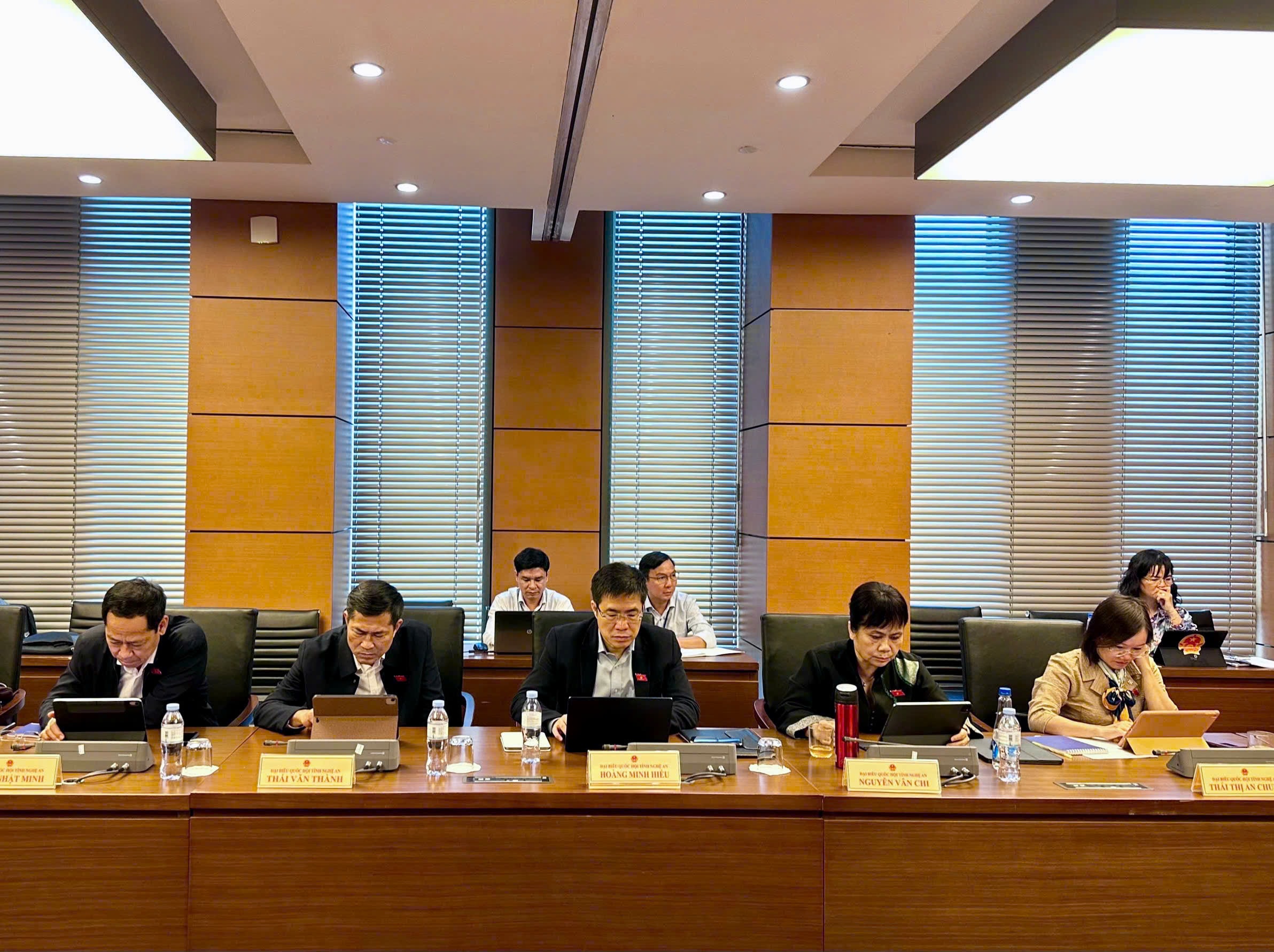
Regarding the content of supplementary regulations related to the Security Industrial Complex, delegates suggested that it is necessary to adjust it in line with the current regulations on the Defense Industrial Complex (Articles 42, 43, 45 of the current Law). If only supplementing the security industrial complex without corresponding amendments to the defense industrial complex, it will lead to a lack of consistency between the two models with similar characteristics in terms of organization, function and operational objectives.
.jpg)
Some delegates also proposed to amend Clause 3, Article 23 of the draft, because the current regulation only allows projects and works to research and produce weapons and technical equipment of strategic significance to apply emergency public investment procedures... Meanwhile, the draft Law on Construction (amended) being presented at this session has expanded the scope of application of emergency public investment procedures to urgent projects. If that regulation is passed by the National Assembly, it needs to be adjusted to ensure consistency between the two laws.
On that basis, opinions suggest that the drafting agency continue to comprehensively review and ensure full institutionalization of the spirit of Resolution 57 and the Law on Science and Technology (amended in 2015), in order to ensure consistency, unity and feasibility in implementation.
Developing security industry, towards national technological autonomy
.jpg)
Agreeing with the Government's Proposal, delegate Trinh Thi Tu Anh (Lam Dong) said that amending the law in the context of rapidly changing world and regional situations, especially the strong development of digital technology, artificial intelligence and cybersecurity challenges, is extremely urgent.
The delegate cited Decision No. 1131/QD-TTg dated June 12, 2025 of the Prime Minister promulgating the List of 11 groups of national strategic technologies, which clearly identifies key areas such as artificial intelligence, cloud computing, quantum computing, big data, Blockchain and cyber security. These are fundamental technologies, consistent with Vietnam's development strategy orientation in the coming period... Therefore, the contents stipulated in Point a, Clause 2, Article 45a of the draft law are appropriate and need to be compiled and grouped to be compatible with the list stated in Decision 1131.
Delegate Trinh Thi Tu Anh also proposed clarifying the concept of “biosecurity”, considering it as a combination of measures and policies to prevent the misuse of biological agents, toxins or related information, avoiding harm to public health, the national economy and the environment. In the current context, biosecurity should be considered a pillar of non-traditional national security.
Regarding point b, clause 2, Article 45a on “mastering strategic technology and foundation technology”, the delegate analyzed that it is necessary to clearly define the level of each stage: localization, decoding, mastering and technology autonomy. If not clarified, the regulation will lack specificity and be easily misunderstood during implementation.
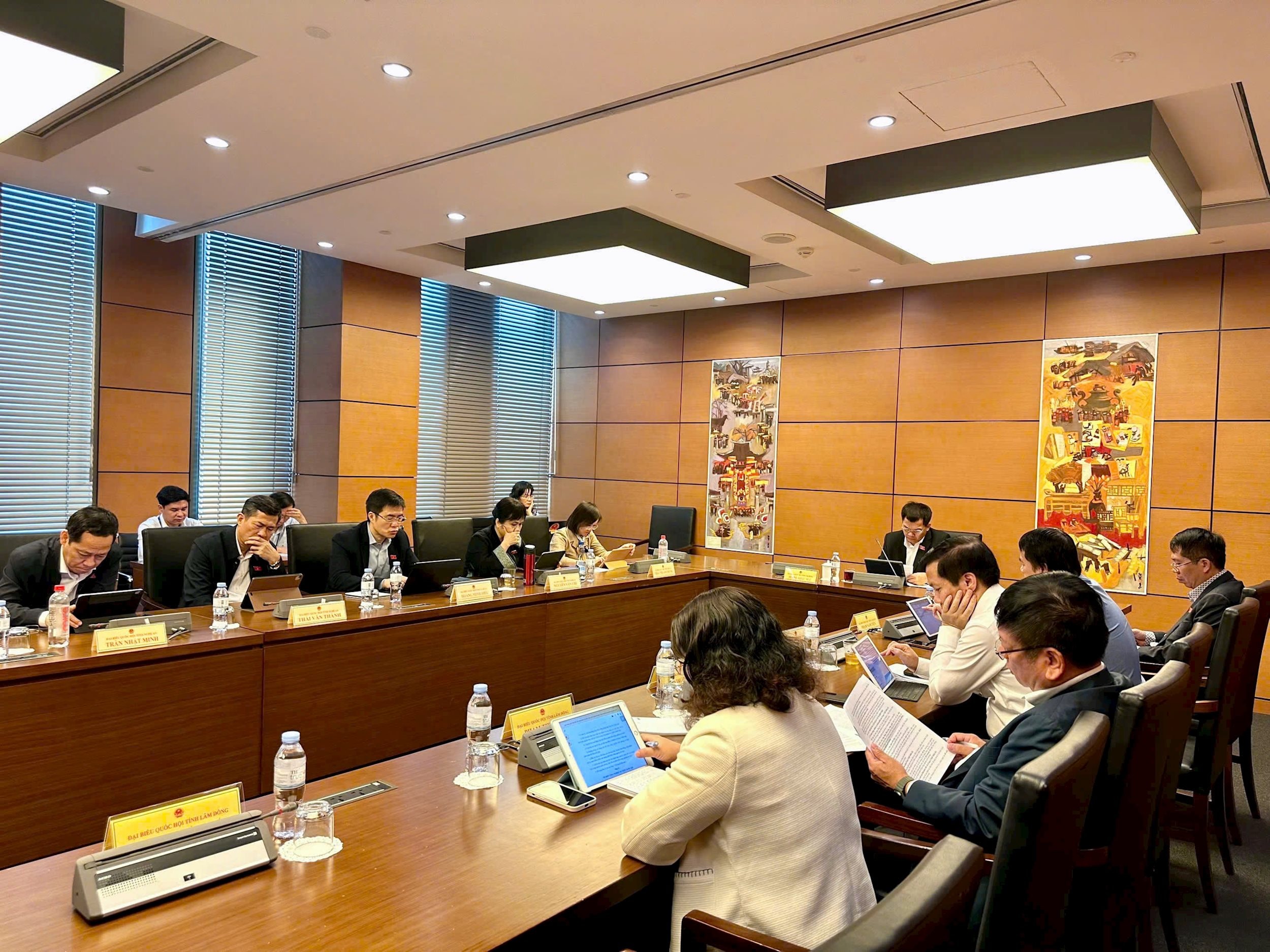
According to the delegate, technology localization is the first stage, aiming to reduce costs and increase supply speed by transferring the production of simple components domestically. The next stage is technology decoding, where scientists and engineers analyze and learn to grasp technical secrets, laying the foundation for improvement. When reaching the level of technology mastery, Vietnam will not only be able to produce but also be able to innovate, integrate technology into other systems, creating "Make in Vietnam" products.
According to the delegate, technological autonomy is the highest stage, when the country can be completely independent in the chain of Research - Design - Manufacturing - Application - Technical Logistics... "This is the foundation to ensure national security in all situations, helping Vietnam not to be affected by political factors or international embargoes", the delegate emphasized.
Opinions at the discussion group also agreed that, in the complicated international and regional context, the Party and State always adhere to the viewpoint of "protecting the Fatherland early and from afar", considering the maintenance of independence, sovereignty, territorial integrity and peace for the People as a particularly important task. Since the Resolution on the development of the defense and security industry was issued, the industry has achieved many important achievements, contributing to consolidating endogenous strength, enhancing the country's potential and defense capabilities.
Delegates expressed pride in the "Make in Vietnam" defense industry products introduced on the occasion of the 80th anniversary of the founding of the Vietnam People's Army, showing great strides in autonomy, creativity and production capacity... Practices from working trips and visits to defense research and production facilities show that the country's self-reliance capacity is increasingly being consolidated.
The world's major powers consider the defense industry as the foundation for national autonomy and a great economic resource. When the defense industry develops strongly, the country will save resources, enhance deterrence capacity and proactively respond to all global fluctuations... Delegates emphasized that modernizing the defense and security industry not only serves to protect sovereignty, but also contributes to maintaining political stability, security and social order, strengthening the nation's "health" in the face of all challenges.
.jpg)
Delegate Duong Khac Mai (Lam Dong) expressed his complete agreement with the amendment and supplementation of the provisions in the draft law, including the separation of the Defense Industry Fund and the Security Industry Development Investment Fund... The delegate said that this separation is not to establish a new fund, but to help the Ministry of National Defense and the Ministry of Public Security be more proactive and flexible in management and operation according to their functions and tasks, ensuring clear responsibilities and suitability to reality.
Perfecting the Law on International Treaties, enhancing enforcement and supervision
Regarding the draft Law amending and supplementing a number of articles of the Law on International Treaties, delegate Hoang Minh Hieu (Nghe An) focused on analyzing two main groups of issues: provisions in Article 72a and some technical contents in the draft.
According to the delegate, if this is determined to be the authority of the President, it should be clearly stipulated in the direction that when the President deems it necessary, he can decide to exercise his rights without having to specifically list each case. Such a provision will ensure flexibility, consistent with the position, role and responsibility of the President in foreign relations and the signing of international treaties. If one still wants to clarify special cases that require the President's decision, the preamble of Article 72a should clearly state the criteria for determination to ensure transparency and feasibility.
.jpg)
Regarding technical issues, delegates suggested that "working day" should only be defined for periods of less than 7 days, and "day" should be kept for periods of 7 days or more, to ensure flexibility and convenience in application.
Regarding the transitional provisions, the delegate said that the draft amended Law has shortened many procedures, creating more favorable conditions for the negotiation and signing of international treaties, so it is necessary to add a mechanism allowing the presiding agency to apply the procedures of the new law if appropriate. The time from the National Assembly's approval to the law taking effect is very short, so early application of the new regulations will help agencies take advantage of effective procedures and avoid legal overlap.
The delegate also emphasized the need to strengthen the organization and supervision of the implementation of international treaties. Vietnam has participated in many new-generation free trade agreements, but implementation is still limited, and many businesses have not taken advantage of incentives and opportunities. Therefore, there needs to be a mechanism for the National Assembly and its agencies to strengthen supervision and require periodic reporting on implementation results.
.jpg)
Delegates cited experience from the time of implementing the Vietnam - US Bilateral Trade Agreement (BTA), when the National Assembly's Committee on National Defense, Security and Foreign Affairs organized annual supervision, requiring ministries and branches to report implementation results, contributing to creating positive changes in implementing international commitments.
From that practice, some opinions also proposed adding regulations to strengthen responsibility, coordination and supervision mechanisms in the process of implementing international treaties, considering this an important factor to ensure the effectiveness of laws and national prestige in the context of deep integration.
Source: https://daibieunhandan.vn/tang-cuong-tiem-luc-quoc-phong-an-ninh-va-nang-cao-hieu-luc-thuc-thi-dieu-uoc-quoc-te-10393811.html





![[Photo] Prime Minister Pham Minh Chinh attends the 5th National Press Awards Ceremony on preventing and combating corruption, waste and negativity](https://vphoto.vietnam.vn/thumb/1200x675/vietnam/resource/IMAGE/2025/10/31/1761881588160_dsc-8359-jpg.webp)
![[Photo] Da Nang: Water gradually recedes, local authorities take advantage of the cleanup](https://vphoto.vietnam.vn/thumb/1200x675/vietnam/resource/IMAGE/2025/10/31/1761897188943_ndo_tr_2-jpg.webp)



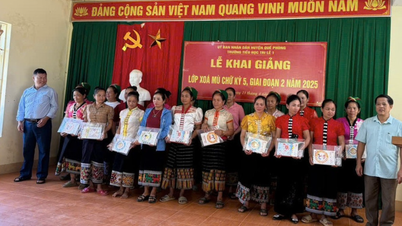

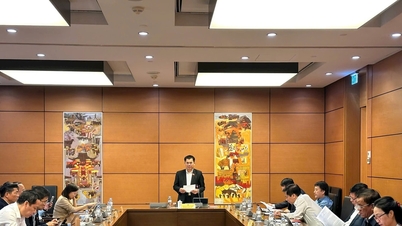
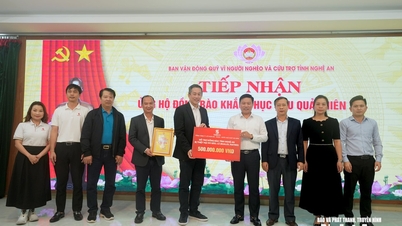
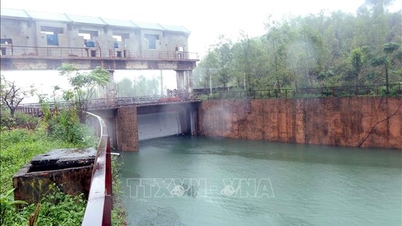
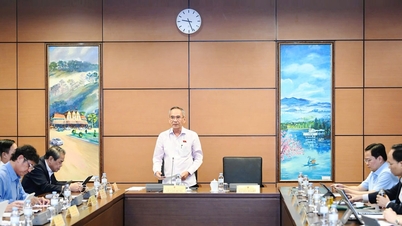
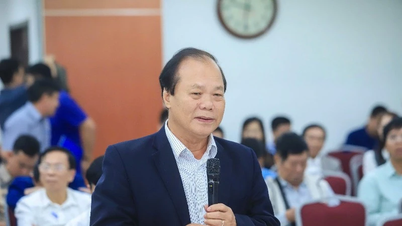

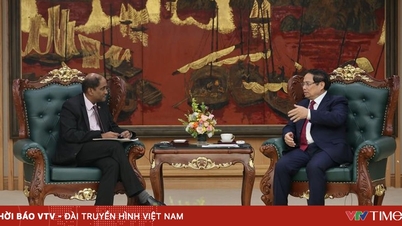

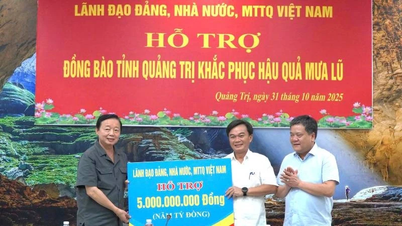
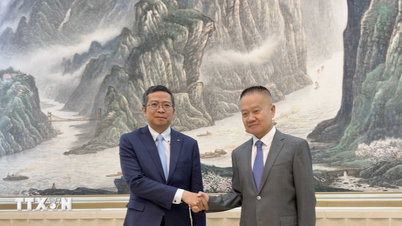


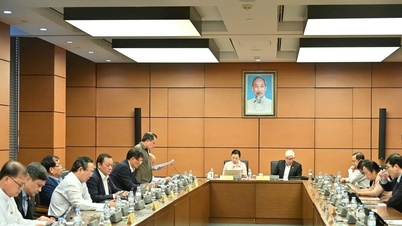




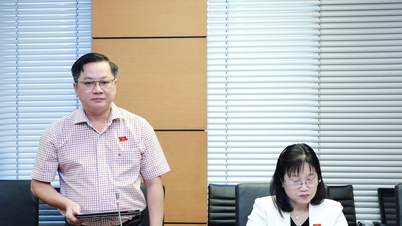
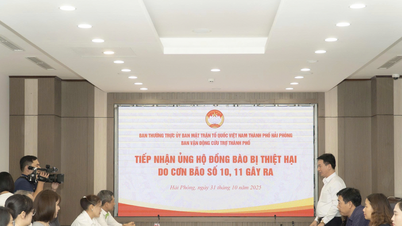
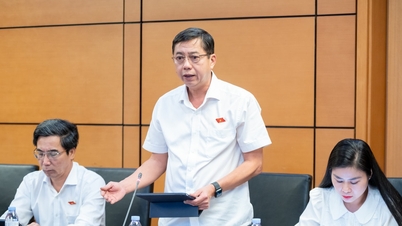
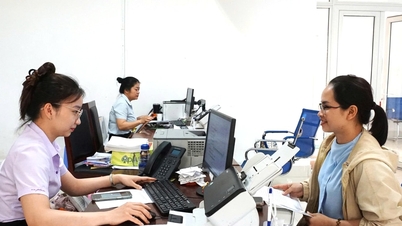
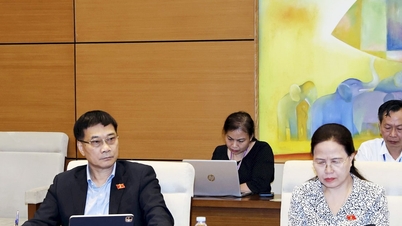
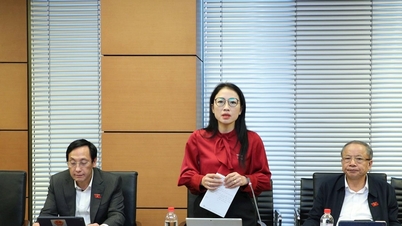

































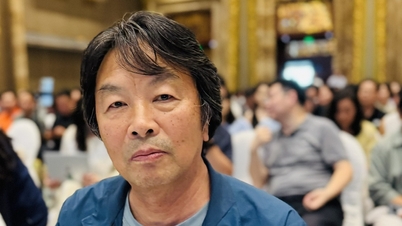

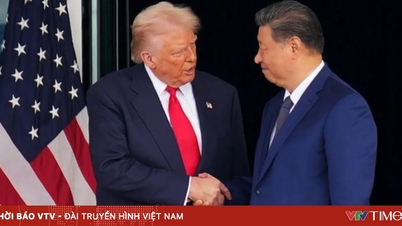
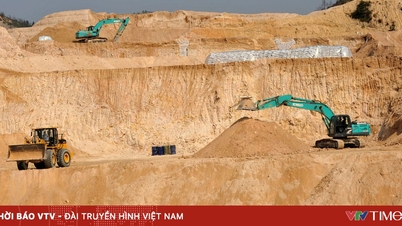
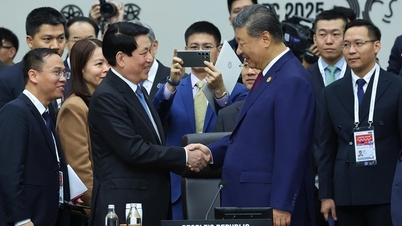





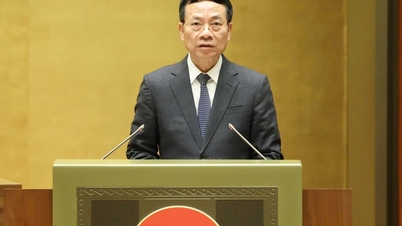
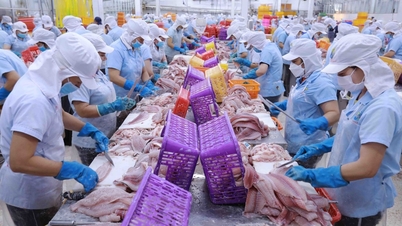
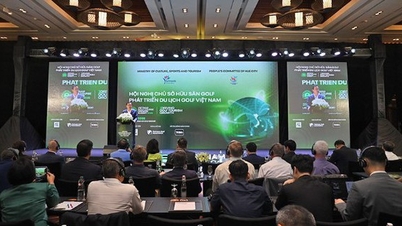
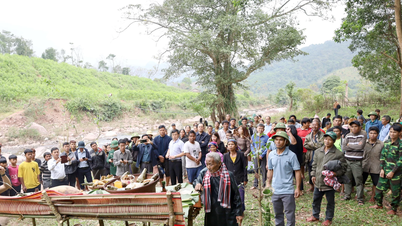

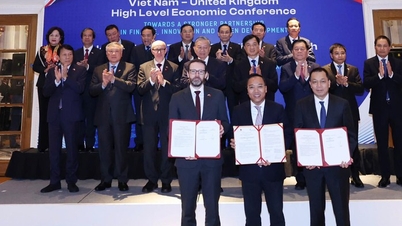

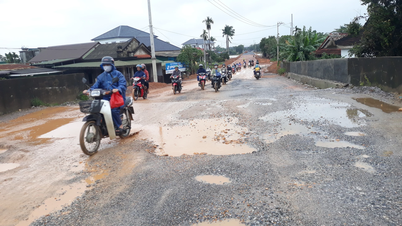




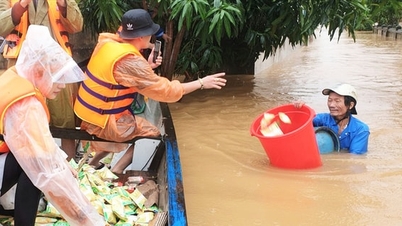














Comment (0)